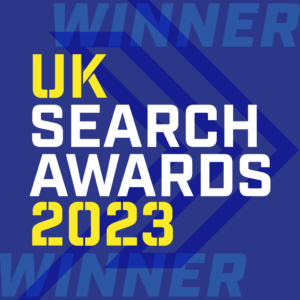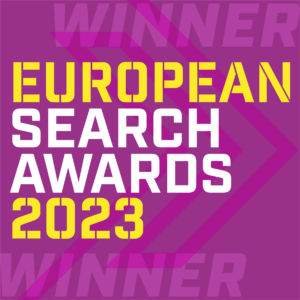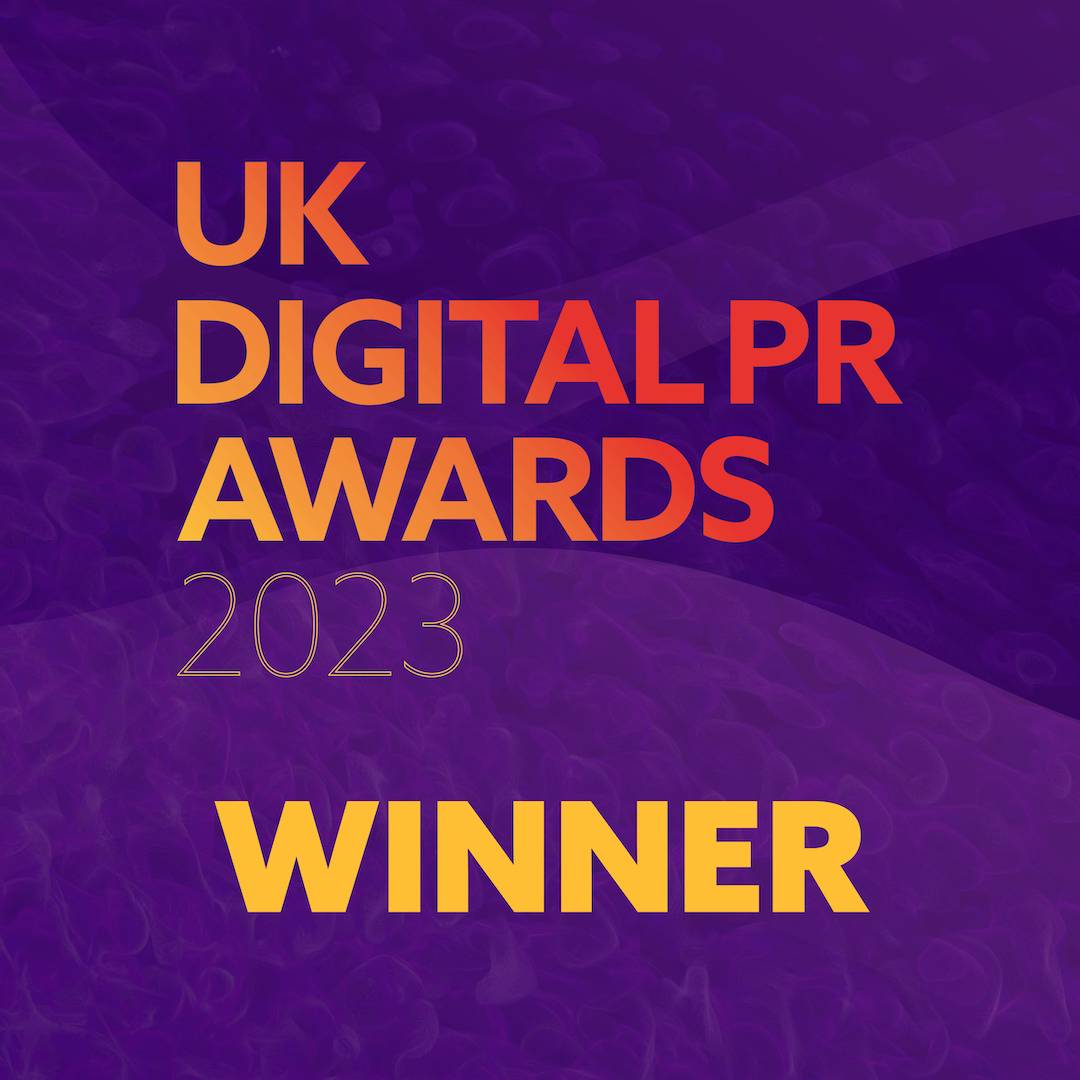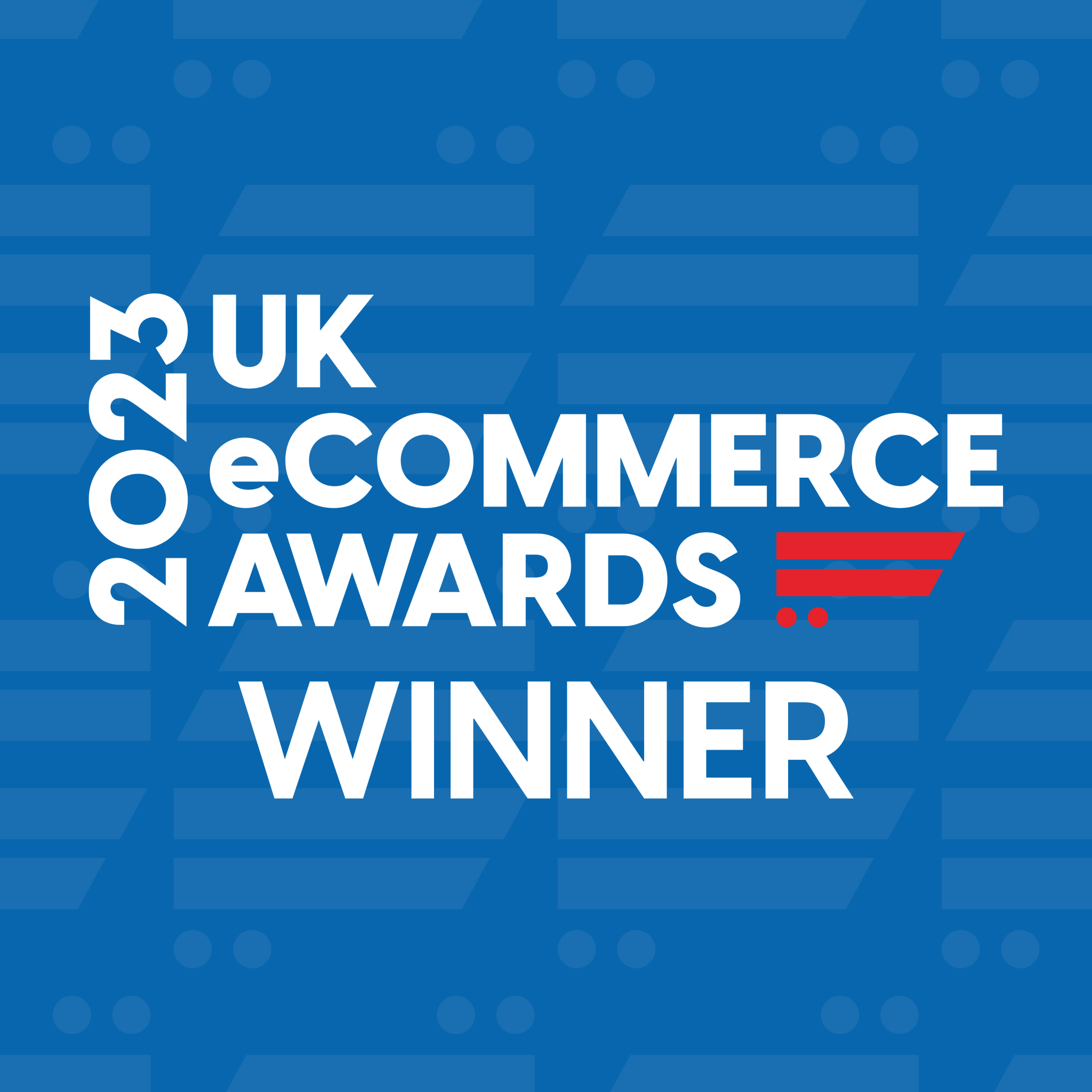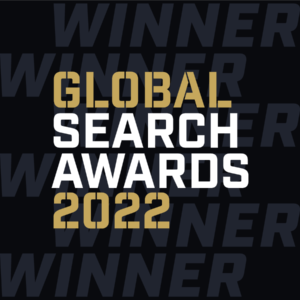Over the last two years E-A-T has been the talk of the SEO world – a key pillar of any SEO strategy, especially for websites where trust is key, & an important concept in the life of any SEO who is looking to improve website rankings.
I’d started writing this post on the flight back from a recent trip to Madeira but had only got halfway through it when I got distracted by other tasks. While watching a talk at Brighton SEO recently on E-A-T: Have We Been Looking At It Backwards? by Edward Ziubrzynski, I was inspired to come back to this post & finally finish it! The summary of that talk & what I’d been wanting to say in this post is basically this – E-A-T is still very much alive in 2022; but are we approaching it properly & in the most efficient way for our clients?
E-A-T is clearly a focus for Google, not only is the concept of it mentioned some 40+ times within the Quality Rater Guidelines, it’s also something that we’ve seen work in practice. After all, Google is a business like any other & it wants to give its users the best experience – sending them to the page where they are most likely to find what they are searching for & knowing that they are safe in the process. Simple really, but in reality there are still very few websites which I believe do E-A-T as well as they could.
So let’s take a look at the concept of E-A-T & what it actually means in 2022.
What Is E-A-T?
E-A-T or Expertise, Authority & Trust are key signals that Google looks for when examining the quality of a website. In the diagram below, which I use within our pitch decks, we briefly explain what each of these concepts mean. In general, it’s ensuring that your website exhibits these key characteristics through great on-page content, authoring, a strong link profile, case studies/testimonials & anything else which can build trust within the website.

So what does this mean in 2022?
In simple terms, showcase the trust that your website has & remember that Google values external reviews more than your own. So, if your website reviews don’t match what people are saying externally about your brand then Google will preference the external reviews.
Own your brand presence – whether it be on social media, on Google or even on trusted review sites. Take the time to respond to reviews & build up a trustworthy presence across the web, take time to resolve any issues which might be causing a lower external trust score & also invest the time into building up a trustworthy brand presence.
Build expertise through a solid external link profile – it’s easy to get caught up in just building “high quality links” from “high DR websites” – but really what we need to focus on is links which showcase the expertise of the brand. Relevancy is key here – ensuring that links are relevant & showcase appropriate expertise which naturally builds authority & also ties into the trust of the website.
Keeping your content up to date – how many of us create great content & then don’t come back to it for a year or two? How many articles on your website feature great external trusted links but the information is outdated by several years? It’s no longer relevant? Keeping content up to date is a key element of E-A-T; when users come onto your website a key trust signal is knowing that you are up to date with the latest information & can deliver the latest expertise.
For websites which fall into Google’s Your Money Your Life (Y-M-Y-L) category the above becomes even more important & I’d suggest, that in 2022, YMYL is more important than ever before.
What is Y-M-Y-L & How Does This Tie In With E-A-T?
At the latter end of last year I did a pitch for an insurance company. As part of that we discussed the concept of Y-M-Y-L or Your Money Your Life. I was shocked to find that they’d actually never heard of it, either from their incumbent agency or the other agency that was pitching. In the insurance industry for sure this is an important concept & Google even highlights this directly within its guidelines:

Which is why it came as a surprise that not only was the client not aware of it, but also that the agency had never mentioned it. For me, when it came to the SEO strategy, this has to be the cornerstone of it and not just a traditional add-on.
For us, YMYL looks something like this:

A lot of people put it in the same bucket as E-A-T, but to me it’s very different – YMYL focuses more on the micro-optimisation & user intent/purpose as opposed to the more obvious attributes of E-A-T. In YMYL we are focusing on the micro-optimisation of placing clear information & expertise early on in the content and regularly updating it. We must ensure that the website has a clear purpose where any content allows users to easily reach their destination or contact someone if they need more information.
Authoring & reputation are also key here – who has authored the content & what are their credentials, are these clearly displayed? What is the website’s overall reputation, external or internal, & how is this shown to Google? All of these elements pulled together not only deliver a great user experience, but they also help the user to get the information that they need from an expert, thus allowing them to make a more considered decision.
Next Steps
In 2022 the concepts of E-A-T & Y-M-Y-L are more important than ever before, especially for websites which fall into the latter category (which is bigger than most people think). Mastering these concepts will undoubtedly help with your overall SEO performance &, not just that, they will help with your on-site Conversion Rate as customers are experiencing a much more trustworthy, expertise-driven website. So really it’s a win-win scenario.
If you are looking to find out more about how to apply these concepts or improving your SEO and Digital PR as a whole, get in touch.
